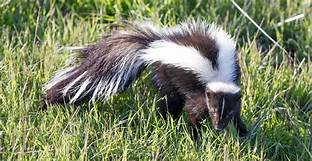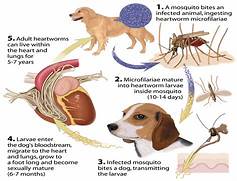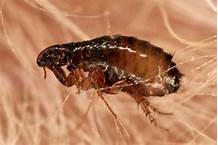Can You Have a Skunk as a Pet?
Skunks are known for their distinctive odor, which they use as a defense mechanism against predators. But can these animals make good pets? In this article, we will explore the pros and cons of keeping a skunk as a pet and provide information on the care and maintenance of these unique animals.

Skunks as Pets
1. Legal Considerations:
- Before considering a skunk as a pet, it's crucial to check the local laws and regulations regarding the ownership of wild animals. Some areas may have restrictions or prohibit keeping skunks as pets.2. Scent Control:
- The most significant challenge of owning a skunk is managing their scent. Skunks possess scent glands that produce a potent, unpleasant odor when threatened or agitated. Descented skunks have had their scent glands surgically removed, but this procedure is controversial and not always effective.3. Diet and Nutrition:
- Skunks are omnivores with a varied diet. They consume a combination of insects, fruits, vegetables, and small animals. Providing a balanced diet that meets their nutritional needs is essential for their overall health and well-being.Caring for a Skunk
1. Housing and Enclosure:
- Skunks require a spacious enclosure that allows them to move around freely. The enclosure should be escape-proof and have adequate ventilation to prevent the buildup of odor.2. Companionship:
- Skunks are social animals and enjoy interacting with their human companions. Regular playtime and interaction are essential for their mental and emotional health.3. Grooming and Hygiene:
- Skunks generally do not require frequent bathing. However, regular grooming is necessary to maintain their fur and skin. It's important to handle your skunk gently and avoid stressing them during grooming.4. Exercise and Activity:
- Skunks need daily exercise to stay healthy and active. Providing them with toys and opportunities to climb, explore, and play is important for their physical and mental well-being.5. Veterinary Care:
- Regular veterinary checkups are essential for monitoring your skunk's health and preventing potential problems. Vaccinations and parasite control are also crucial for maintaining their overall health.Conclusion
Keeping a skunk as a pet can be a rewarding experience, but it requires commitment, patience, and a thorough understanding of their unique needs and behaviors. It's essential to carefully consider the legal, ethical, and practical aspects of skunk ownership before making a decision. With proper care and attention, skunks can make affectionate and entertaining companions.
Declaration: All article resources on this website, unless otherwise specified or labeled, are collected from online resources. If the content on this website infringes on the legitimate rights and interests of the original author, you can contact this website to delete it.






